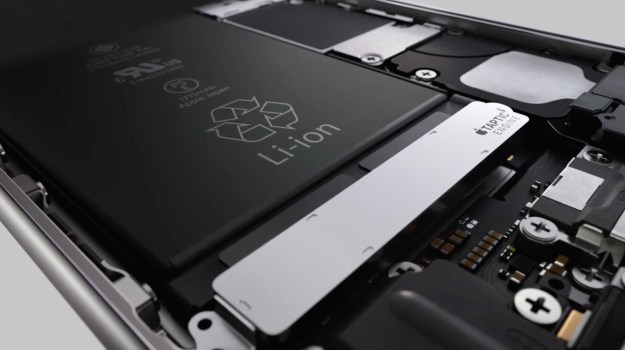If you experienced “Batterygate” on an older iPhone model, you can now file to get your $25 payout. Earlier this year, Apple agreed to settle a United States class-action lawsuit that accused the Cupertino iPhone maker of “secretly throttling” older handsets.
If you are or were a U.S. owner of an iPhone 6, 6 Plus, 6s, 6s Plus, and/or SE device that ran iOS 10.2.1 or later before December 21, 2017, and/or a U.S. owner of an iPhone 7 or 7 Plus device that ran iOS 11.2 or later before December 21, 2017, and you experienced “diminished performance” on you device, you could be entitled to benefits under a class action settlement.
Under the terms of the proposed settlement, Apple will provide a cash payment of approximately $25 to each eligible iPhone owner who submits a claim, with its total payout to fall between $310 million and $500 million. The exact amount each iPhone owner will receive depends on the number of claims that are submitted.
A website has been set up where eligible class members can submit a claim or review their other options. “Other options” include excluding themselves from the class-action suit to retain the ability to sue Apple individually over the matter. You can also object. to the settlement, or object to the attorneys’ fees and/or expenses. All claims must be submitted online or received by letter mail by October 6, 2020, or your payment will be forfeited.
Apple has denied all allegations and stands by its belief that the iPhones in question “were not defective,” and that the “throttling” feature was designed to improve the customer experience. The settlement is not an admission of wrongdoing on Apple’s part.
The class-action lawsuit was filed in December 2017, shortly after it was revealed that Apple was throttling the maximum performance of some of its older iPhone models that had chemically aged batteries to prevent the devices from unexpectedly shutting down. Apple introduced a battery/performance management system in iOS 10.2.1, but it did not explicitly mention the change in the update’s release notes.
In an effort to resolve the controversy, Apple began replacing worn iPhone batteries for $29, doing so until the end of 2018.
The performance management system has been disabled by default since the release of iOS 11.3 and can be manually disabled by users as well.


